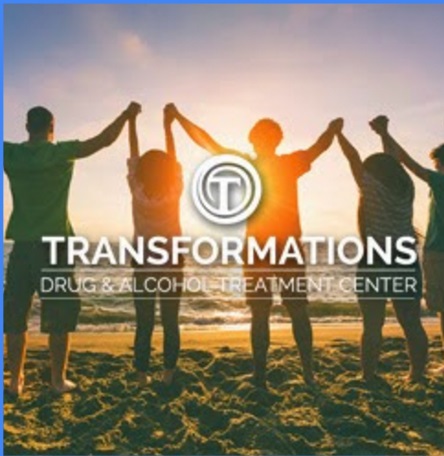The 12 Step Program and Faith
For decades now the 12 step program has been used to help those that are afflicted with drug and alcohol addictions to come to terms with their situation in dedicated Christian rehab centers, accept their dependencies, and treat them as effectively as possible. During the program an addict will typically undergo a detox if required, as well as complimentary therapies (such as counselling and even prayer) to help them to maximize their potential to overcome their ailment.
Although the treatment options put into practice might differ from person to person depending on medical advice, the fact that therapies that rely on faith take no physical tolls, nor do they pose any harmful side effects, has led to them being relied on by rehabs of all types. The 12 step program for alcoholism treatment in particular was initially established to offer an aspect of spiritual support to those in need – and since it was introduced the individual steps have undergone changes to better suit a faithful approach.
Does this work for everyone?
Although many argue that religion has no place in recovery, the results of treatments that rely on faith and spiritually inclined practices speak for themselves.
They can allow a sufferer to learn to accept that they need help.
They can help an addict to come to terms with their situation, and to entrust their fate to a higher power.
They can also offer an additional level of support to individuals in their most severe time of need – and one that isn’t typically available with regular counselling and group therapy sessions.
How effective can having faith be?
Plenty of medical experts actively promote the use of faith, particularly the values of Christian drug treatments, throughout a detoxing program; simply because there’s genuinely no harm in having a little belief. Doing so won’t usually detract from a treatment that relies on medicines and verbal therapy; in fact, it will often act to support a person in ways that can’t be replicated by doctors and counsellors.
Learning to trust that their fate is in the hands of a higher power might be a challenge at first, but as an addict begins to feel relaxed and reassured that they are being guided, the benefits can go on to offer a substantial level of support and in a range of ways. Many consider the placebo-like effects of having faith to be able to promote the recovery of the brain, whilst others genuinely believe that turning to an entity such as god can encourage an addict to turn a new leaf and focus on their recovery.
This is why the 12 step program is so strongly reliant on spiritual guidance – not because rehabilitation is a good platform to promote Christianity, but because the values of the religion focus on recovery, acceptance, and humility; traits that any addict will appreciate adopting to improve their life.
